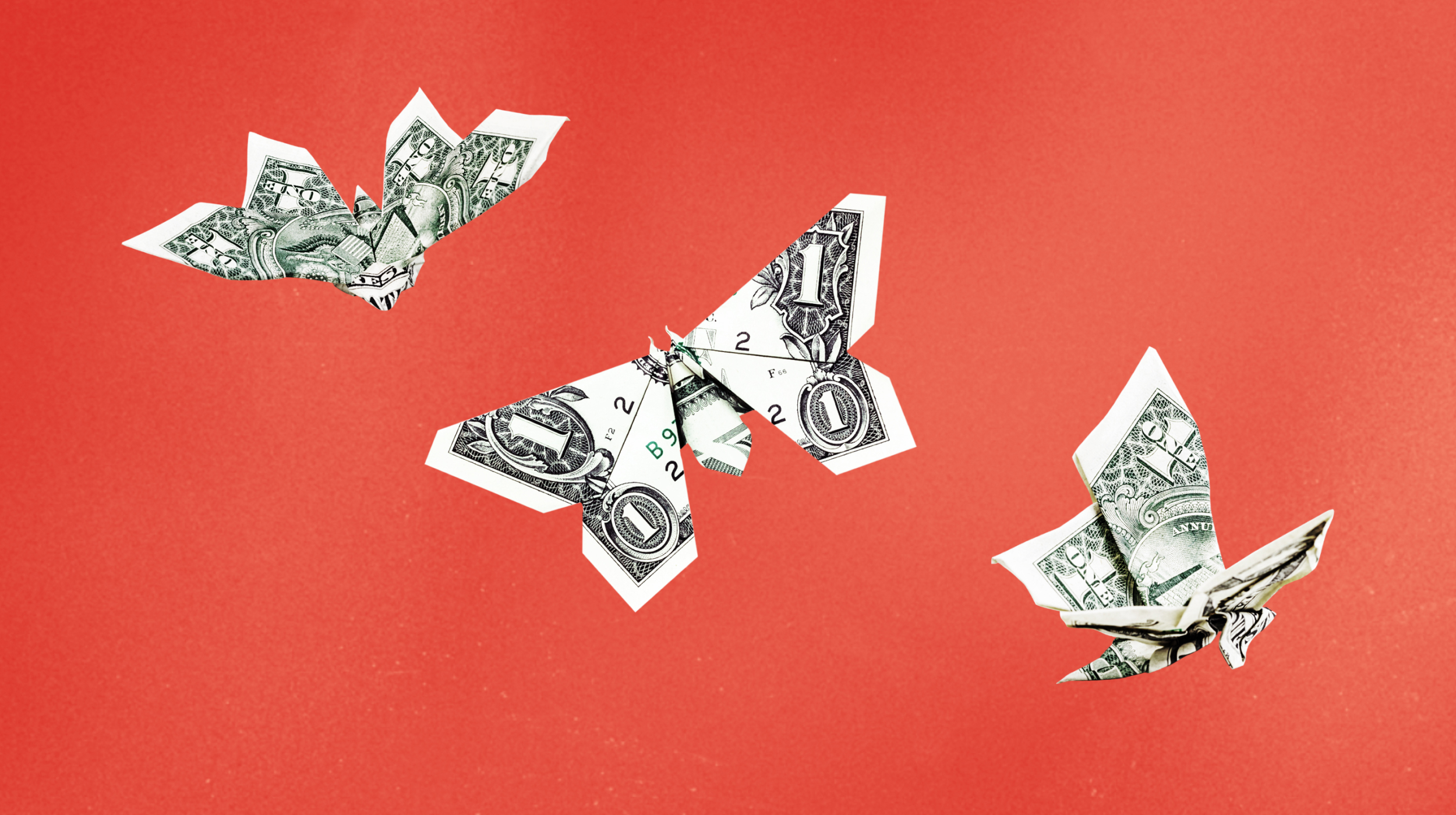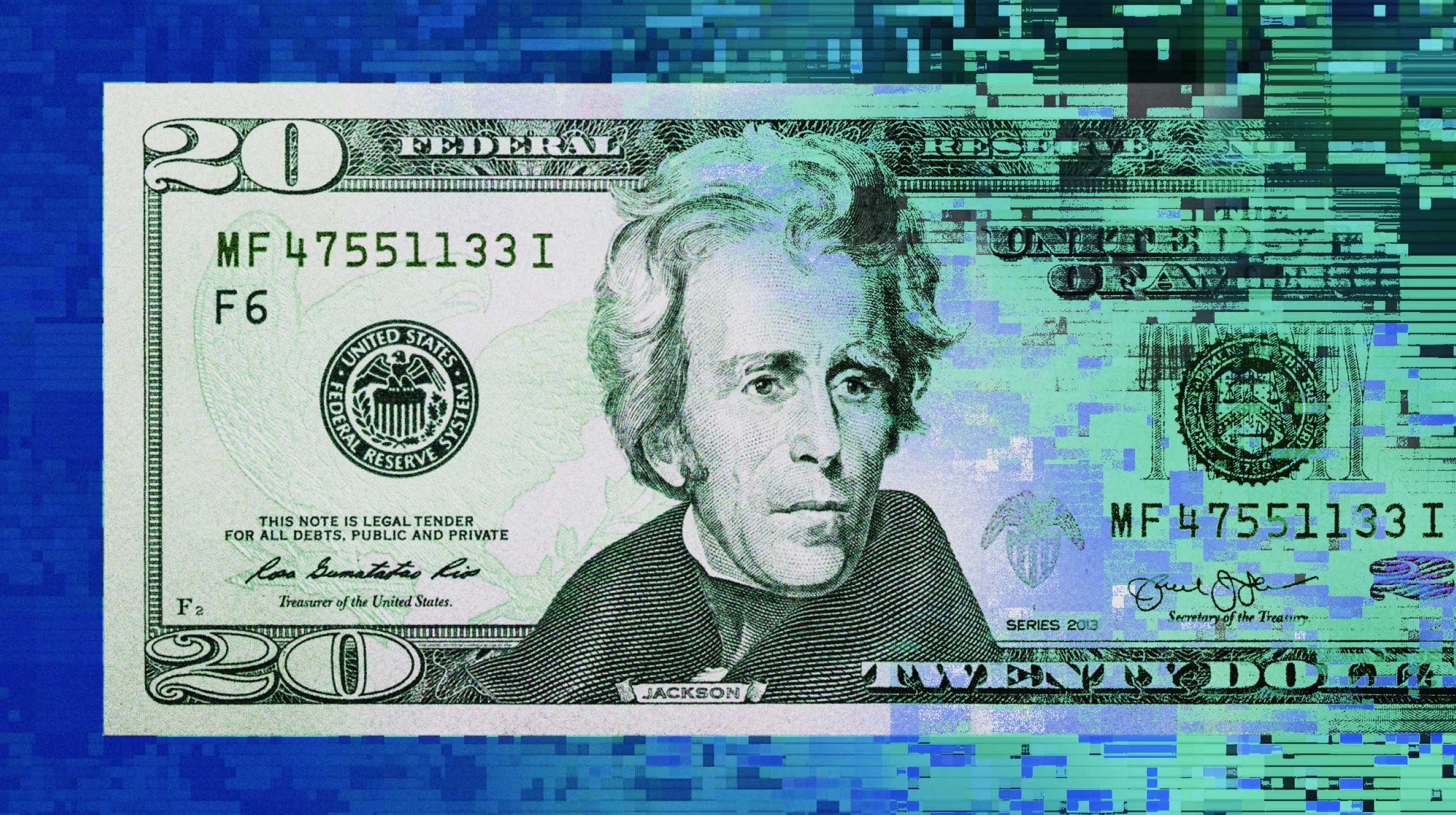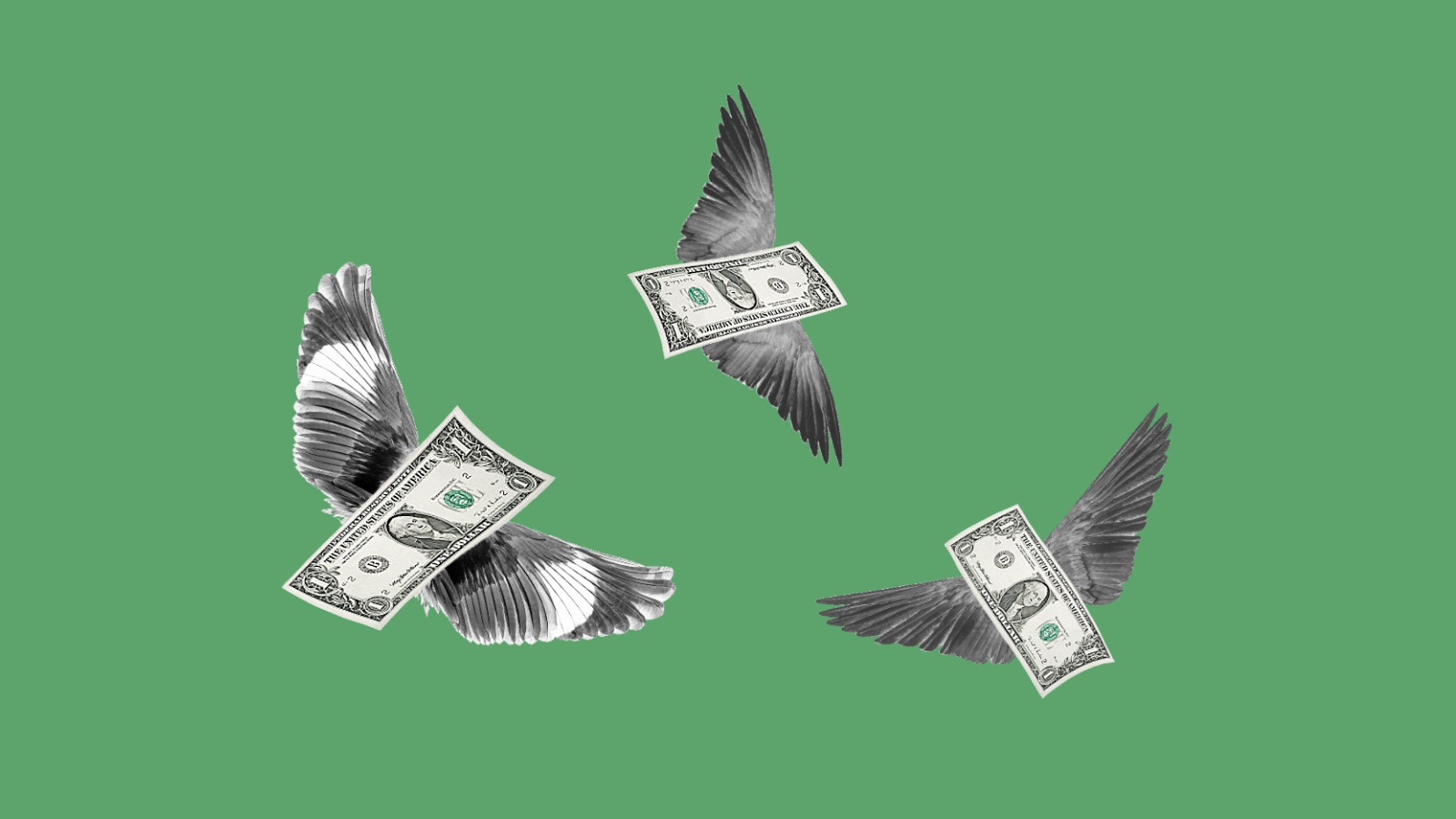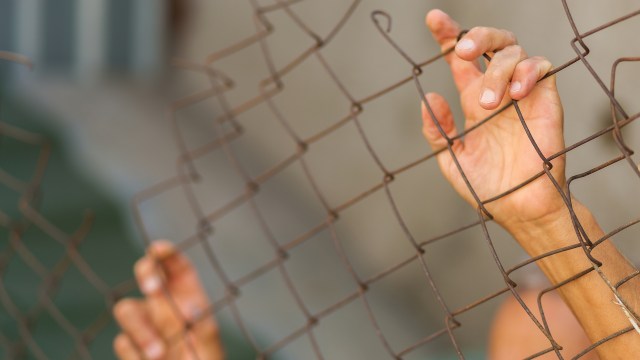Pascal’s Wager in the Age of Neuroscience
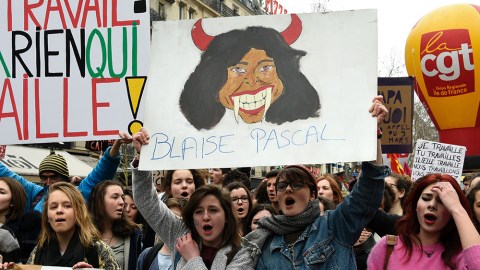
Blaise Pascal was a true renaissance man. While mathematician is usually first one his résumé, add physicist, inventor, author, and philosopher to the list. His thoughtful and introspective nature led to numerous quotes. One of my favorites:
All men’s miseries derive from not being able to sit in a quiet room alone.
Pascal apparently spent a lot of time in the room of his mind. In section 233 of his posthumous Pensées (Thoughts), the Frenchman put forward his famous wager: a rational man should live as though God exists. While you might lose a few luxuries in life, you’ll achieve eternity in heaven. But if you denounce his existence, whatever you gain during life will not be worth the damnation of hell.
While the wager seems somewhat tame today, during the seventeenth century it introduced thinking minds to probability theory and decision theory. From the viewpoint of philosophy it was groundbreaking.
From a theological standpoint, the argument has long been ridiculed. Among the many critiques over the centuries, Andy Walton picks a few on Christian Today, including indecency, puerility, selfishness, inconsistency with doctrine, and being invalidated by the existence of other religions.
Walton concludes his defense of Pascal’s wager not with any satisfactory explanation, but by punting—effectively all you can do with this bet:
Pascal’s wager may not be persuasive to many. But it may cause some to stop and think. In contemporary America and Europe, where atheism seems to be the default for many or even most, that is not to be sniffed at.
This argument could lead somewhere, except for the article ends here. The writer fails to construct a valid viewpoint in which to defend Pascal; he’s merely reiterating the original wager as if there was no further input in the three-and-a-half centuries since it was declared.
Fortunately we know much more.
Let’s consider how our brains weigh a wager. Since Pascal’s argument falls in line with economics, it makes sense to look at it through that lens. The bible is filled with the minutia of credit anyway. In two thousand years, not much has changed: we’ll quickly make a decision to pay on credit while paying with cash activates different neural circuitry.
A 2007 study of microeconomic theory investigated the neural regions affected during decision-making. We like to think of our brain as one coherent organ that gets along with itself splendidly, but that’s hardly the case. How we decide is always framed by what we’ve decided before, and what is on hand to decide with.
For example, you see an item you fancy that costs $500. Hello insula, the region that produces unpleasant sensations—that’s way too much money. If you’re not that interested, no harm done. But you want it; your nucleus accumbens has shot out a squirt of dopamine. Your heart is even racing a bit.
But that price tag. Your prefrontal cortex jumps in. Good deal or no? You’ve got five bills in your wallet, and you do like it. But do you like it that much? Your nucleus accumbens and insula begin waging chemical warfare. Your limbic system is in overdrive, trying to make sense of conflicting emotions.
The reality is you’ve already made your decision. You’re hoping that your rational brain will make the correct decision, but the more time you spend debating yourself, the more likely you are to make the wrong decision. Here’s where it gets even more interesting.
Say the store lists the item at $800, on sale for $500. This store manager is no fool. He knows that even though last week the item was $500, tagging on $300 and presenting a deal makes you more likely to be right. (I know, you say you wouldn’t fall for it. As do the people in such studies.) And the manager is right, more often than not. He gets a promotion for increasing sales.
Then add the layer of cash. Letting go of five bills physically lightens your wallet. You feel the economic hit. Put it on credit? Maybe there’s a reason Jesus cleansed the temple. Perhaps he knew his peers were more likely to purchase on credit. Again, he was right: you’re more likely to put that charge on a card. The reward is right in front of you; you don’t feel the burden of the bill until later, even if you know that you’ll end up owing more in fees. Dopamine defeats logic.
What’s true of credit applies to politics and religion. Your brain’s bickering is implicated in all decisions you make, however small. Humans don’t normally assess a question from all sides. Instead, we choose a side then find arguments to support it. Since our brains loathe uncertainty, and uncertainty negatively affects confidence and performance, we’d rather delude ourselves with a firm belief than question the nature of that belief.
If Pascal’s goal was proselytization, he’s gained few converts. The god-fearing continue to choose to fear because it feels good to their brains. Skeptics remain noticeably suspicious of an afterlife of riches and eternity of damnation. Both sides delight in the dopamine of certainty when reaching a conclusion decided before the question was even asked.
Pascal’s wager is not answerable, relying instead of the murky domain of faith. For some this is enough. Yet to understand how our brains operate is to understand the foundation of our identity, this bickering organ constantly waging war upon itself then deciding it alone holds the keys.
It’s easier to pray for an eternity of bliss instead of facing the fact that you might be wrong now. Your dopamine dries up, your amygdala rages on, your insula sends out shockwaves, and even the most useless questions suddenly seem important.
—
Derek Beres is working on his new book, Whole Motion: Training Your Brain and Body For Optimal Health (Carrel/Skyhorse, Spring 2017). He is based in Los Angeles. Stay in touch on Facebook and Twitter.
